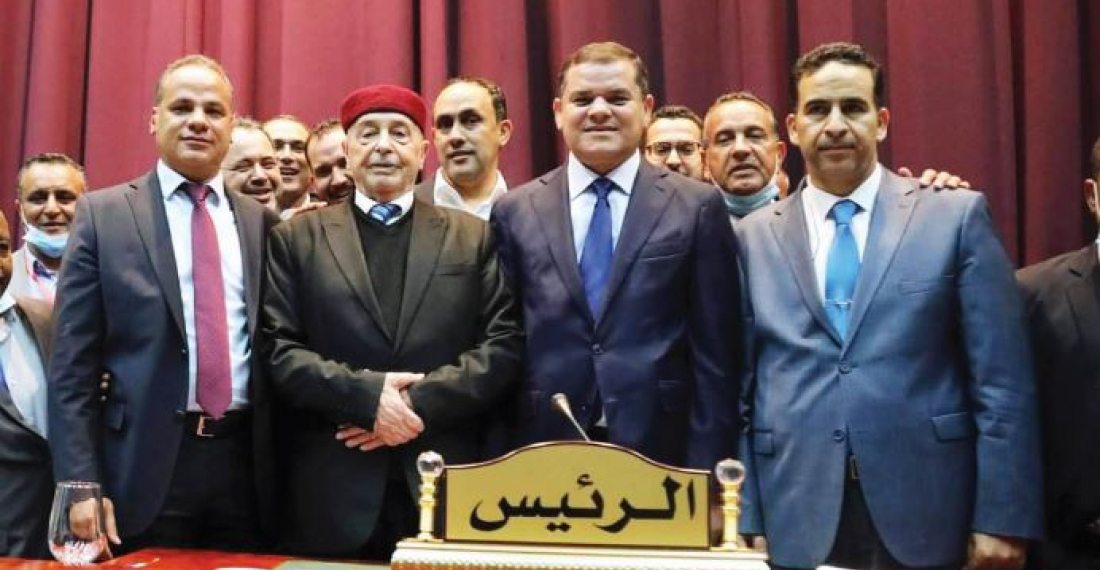Libya finally has a unified government after a decade of chaos, war and political divisions. On Wednesday (10 March) the Libyan Parliament – the House of Representatives (HoR) – finally approved the proposed cabinet by prime minister Abdul Hamid Dbeibah.
The parliament’s approval of Dbeibeh’s Cabinet came through a vote of 132 to 2. The step marks the biggest achievement so far in the Libyan peace process as the country reels from the damage of the past decade.
Dbeibah's term will end on 24 December when elections will be held. Aguila Saleh, Speaker of the Parliament, urged the prime minister to adhere to the roadmap and ensure that elections will be held on time.
“Through this vote, it became clear that the Libyans are one unit,” Dbeibeh said after the vote. He also promised to give his support to the High National Elections Commission (HNEC) to organise the 24 December elections on a constitutional basis and on the planned date.
Dbeibah appointed lawyer and human rights activist, Najla El Mangoush, as foreign minister. Five women were appointed among 31 ministerial posts, including the minister for justice.
Libya's two former governments expressed their willingness to hand over power and tasks to the new unified government.
Further work is still required to unify the central bank and other key institutions. The military part of the political agreement is also yet to be fully implemented.







